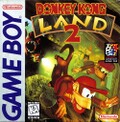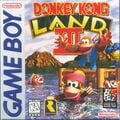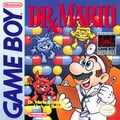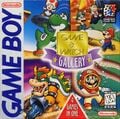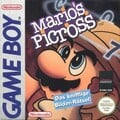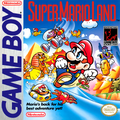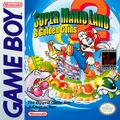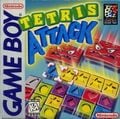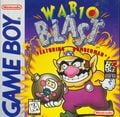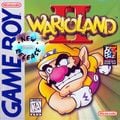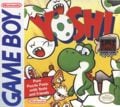Game Boy: Difference between revisions
SolarBlaze (talk | contribs) |
SolarBlaze (talk | contribs) |
||
| Line 62: | Line 62: | ||
==Appearances in the Mario Series== | ==Appearances in the Mario Series== | ||
[[Image:WartGameBoyCN.jpg|thumb|left|The batteries of "Wart | [[Image:WartGameBoyCN.jpg|thumb|left|The batteries of "Wart's" Game Boy expire.]] | ||
The [[Club Nintendo]] comic "[[Wart steht unter Strom]]" is about [[Wart]] (which is clearly [[Bowser]] erroneously labeled as "Wart") who is playing Game Boy. The power of the batteries expires, so Wart carelessly throws the batteries away. [[Mario]] reminds him that they should be disposed of in containers instead. | The [[Club Nintendo]] comic "[[Wart steht unter Strom]]" is about [[Wart]] (which is clearly [[Bowser]] erroneously labeled as "Wart") who is playing Game Boy. The power of the batteries expires, so Wart carelessly throws the batteries away. [[Mario]] reminds him that they should be disposed of in containers instead. | ||
Revision as of 10:20, April 30, 2009
Template:Articleabout Template:System-Infobox
The Game Boy was Nintendo's first portable console. The Gameboy was one of the best selling game systems of all time, selling around 118,690,000 units world wide. It was so popular that Nintendo actually pushed back the Game Boy Color because the sales for the Gameboy were so good. The Game Boy Advance SP was very similar to the Game Boy saleswise, They were discontinued in 1998.
Hardware Specifications
- CPU: Z80 8-bit CMOS
- CPU Speed: 4.19 Mhz
- RAM: 8 Kbyte
- Maximum Resolution: 160 x 144 pixels
- Colors: Grayscale
- Maximum number of colors: 4
- Maximum sprite size: 8 x 16 pixels
- Maximum number of sprites: 40 sprites
- Minimum/Maximum cart size: 256 Kbit - 16 Mbit
- Sound: 4 Channel
Remakes
Super Game Boy
The Super Game Boy was not an actual system; rather, it was a Super Nintendo cartridge that one could insert Game Boy cartridges into, thus enabling people to play Game Boy games on their television screens through the Super Nintendo. Certain games had additional colors that could only be seen while played on a Super Game Boy.
Game Boy Pocket
The Game Boy Pocket was the second system in the Game Boy line. It had the same specifications as the original Game Boy, but it was smaller, lighter, and had a longer battery life and required less batteries (two AAA's as opposed to it's predecessors four AA's).
Game Boy Light
Game Boy Light was an only-released-in-Japan Game Boy. Nintendo decided that United States consumers wanted "color, not light" so they came up with the Game Boy Color for America. The Light is about the same size as the Pocket and has a backlit screen for improved vision.
The Light used to be the rarest Game Boy variant outside of Japan at one time, but due to websites such as eBay, the system has become more widely available. It was the only handheld Nintendo produced with an independently lit (backlit or frontlit) screen until the release of the Game Boy Advance SP.
Mario Games for the Game Boy
- Dmgdqa.jpg
- WarioLand.jpg
- YoshiCookieGB.jpg
Appearances in the Mario Series
The Club Nintendo comic "Wart steht unter Strom" is about Wart (which is clearly Bowser erroneously labeled as "Wart") who is playing Game Boy. The power of the batteries expires, so Wart carelessly throws the batteries away. Mario reminds him that they should be disposed of in containers instead.
In Super Mario RPG: Legend of the Seven Stars Mario is able to buy a Gameboy from a Toad in the Mushroom Kingdom.
Trivia
- In Luigi's Mansion, there is a Boo called Game Boo, which is obviously a pun on Game Boy.
- In Paper Mario: The Thousand Year Door, there is an oversize Game Boy as the scoreboard in the Pianta Parlor.

